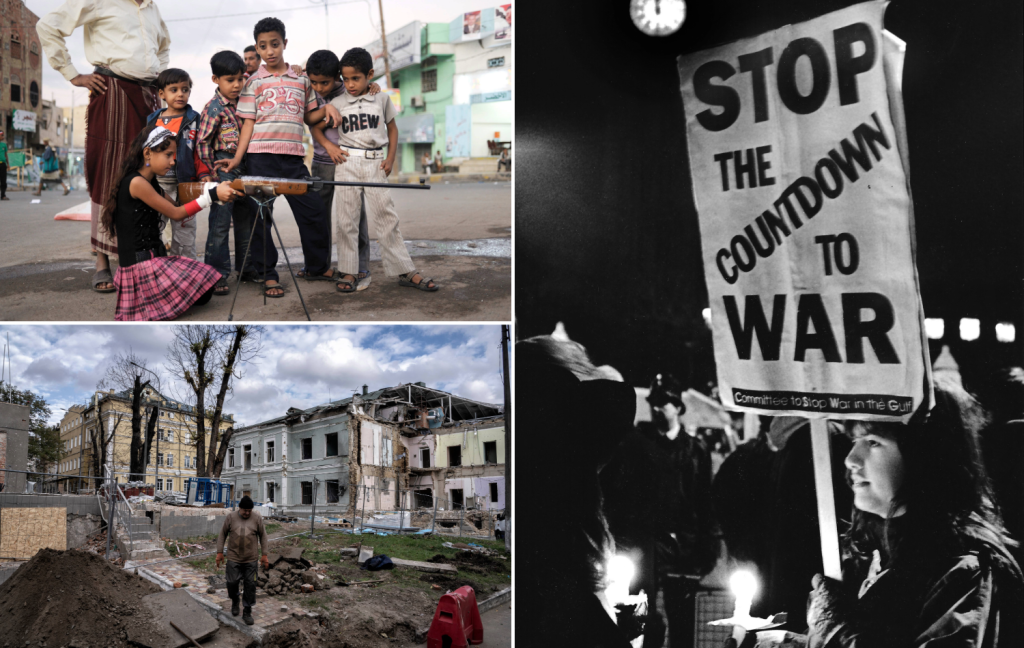As the UK and other NATO nations dramatically increase defence spending to counter growing global conflict, one under-recognised aspect of security debates is the role of the arms industry.
A series of articles published in The BMJ on 1 September lays out the direct and wider harms of arms and show how weapons manufacturers use commercial strategies to subvert public health agendas and shape discourse around security and violence.
The series by Professor Mark Bellis at Liverpool John Moores University includes contributions from international researchers and academics including Local Health and Global Profits Deputy Director Dr Nason Maani.
They argue that, like the tobacco, alcohol, and fossil fuel industries, the arms industry should be seen as a commercial determinant of health, where corporate practices matter as much as products when considering how industries can harm health.
These practices include marketing, lobbying, funding of think tanks and universities, and forging close relationships with governments, which the industry uses to shape public policy and regulatory environments in its favour while deflecting responsibility for its contribution to perpetuating conflict, injuries, and death.
The arms industry deserves more scrutiny at a time when defence spending is threatening health, say BMJ editors Jocalyn Clark and Kamran Abbasi in an editorial to introduce the series. Recent military spending commitments by the UK and other nations are reallocating resources from health and foreign aid budgets, reviving debates about warfare versus welfare not seen since the Cold War. Global military expenditure is already over $2.7 trillion annually.
Within these spending debates there has been little if any attention paid to the arms industry as a commercial determinant of health, leaving a large gap in the scientific literature and a void where more health research and action are needed.
Bellis and colleagues’ analyses suggest that examining these industry dynamics can help uncover both direct and systemic health harms and inform how health considerations should feature alongside defence and profit.
They acknowledge that this is a conceptual shift but say “it is also a call to action for health professionals including researchers, policy makers, and civil society to advocate for a reorientation away from design, distribution, and deployment for profit and towards global priorities of health, human rights, and peace.”
In their editorial, Mohammed Abba-Aji at Washington University and Nason Maani at the University of Edinburgh outline research priorities and the role of health practitioners to help confront the growing power asymmetries between the arms industry and public health interests.
They say the health community has unique advantages that can be a counterpoint to industry narratives and framing of security problems and their causes. The add that health professionals have successfully challenged powerful industries before, through building coalitions that together expose the manipulation of policy environments.
The full series is available at Arms industry as a commercial determinant of health | The BMJ.





